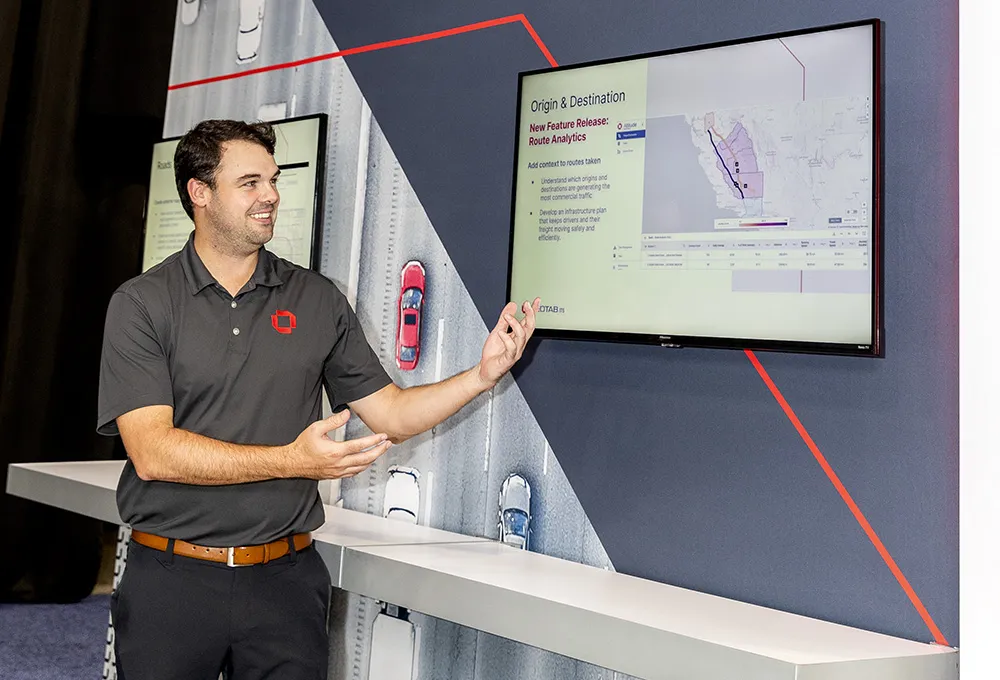The new locomotives are equipped with a 12-cylinder, 3,200 horsepower GE Evolution Series engine. The locomotive delivers high power output to enable enhanced productivity and flexibility in heavy haul operations, as well as enhanced reliability. The locomotives can be used to transport passengers or freight.
According to GE , which has been a committed partner to Egypt for over 40 years and has more than 700 employees in country, this strategic agreement reflects its efforts to deepen and transform its global presence, meet international customers’ needs, and capitalise on the strong opportunity for international growth.
Jamie Miller, GE Transportation chief executive officer said the agreement marks a major milestone for Egypt and reflects a long-standing relationship with the Ministry of Transportation and ENR. “Today, ENR’s fleet includes roughly 80 GE Evolution Series locomotives to move people and goods critical to Egypt’s economy. With this agreement, we will help the region improve its rail infrastructure and bring products to market faster and more efficiently,” he continued.
Medhat Shousha, chairman of Egyptian National Railways, said: “We are looking forward to bringing the latest technologies to improve rail infrastructure in Egypt.”
GE signs contract to help transform Egypt’s rail infrastructure
GE Transportation has signed a Letter of Intent with the Ministry of Transportation (MoT) and Egyptian National Railways (ENR), worth US$575 million, to supply 100 GE ES30ACi Light Evolution Series locomotives that can be used for both passengers or freight rail, as well as a 15-year agreement for parts and technical support for GE locomotives in ENR’s new and current fleet.
June 27, 2017
Read time: 2 mins









